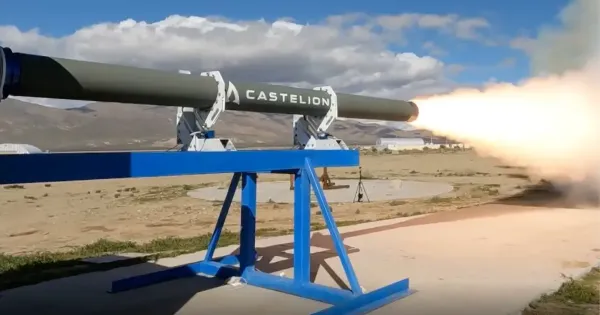Tiny Microrobots Successfully Shrink Tumors

Researchers at Caltech have developed groundbreaking bioresorbable acoustic microrobots (BAM)—tiny, bubble-like robots capable of precisely delivering therapeutic drugs within the body. In preclinical tests, these microrobots successfully shrank bladder tumors in mice, marking a significant advancement in targeted drug delivery and precision medicine.
How the Microrobots Work
These spherical microrobots, just 30 microns wide (about the size of a human hair), are built from hydrogel and equipped with:
- Magnetic nanoparticles for navigation via external magnetic fields.
- A specialized drug-release mechanism to deliver medicine only at the target site.
A trapped air bubble inside the microrobot allows it to move under ultrasound fields and be tracked in real-time using ultrasound imaging—essential for precise targeting.
Overcoming Challenges
To function in the body, microrobots must:
- Survive harsh conditions like stomach acid or biofluids.
- Be remotely controlled for navigation.
- Release medicine only when they reach the target.
- Dissolve safely without leaving any toxic residue.
Caltech's team solved these challenges with an innovative design: the robots' exterior is hydrophilic (water-attracting) for smooth travel, while the interior is hydrophobic (water-repellent) to trap bubbles for movement and stability.

Preclinical Success
In trials, four microrobot treatments over 21 days significantly reduced bladder tumors in mice—more effectively than conventional drug delivery.

The Future of Drug Delivery
Lead researcher Professor Wei Gao believes this platform could revolutionize medicine. In the future, BAM technology may be used for various therapeutic payloads and even precision surgeries. Long-term plans include testing these microrobots in humans.
Final Thoughts
Caltech’s bioresorbable microrobots represent a promising leap toward safer, more efficient targeted drug delivery. Tiny yet powerful, these robots could redefine how we treat complex medical conditions in the future.





